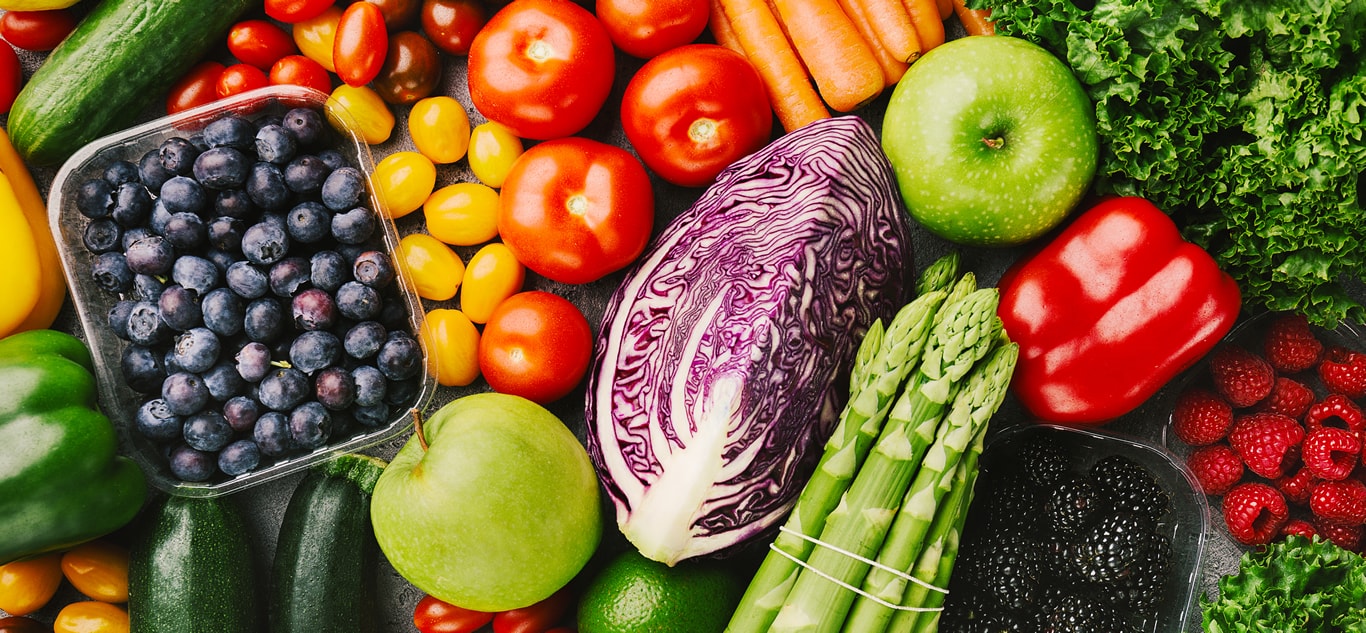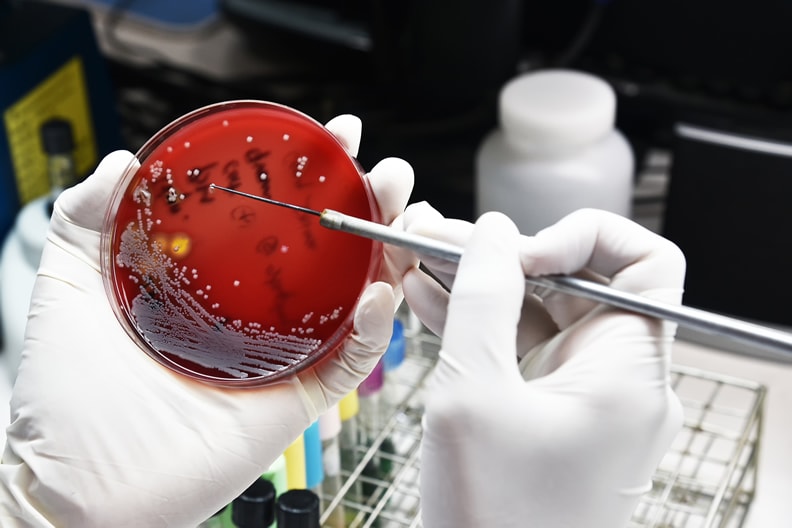
Challenge Test

Diseases related to food consumption are increasing day by day. The most important factor that causes these diseases is pathogenic microorganisms contaminated with food. Pathogenic microorganisms threaten human health and are one of the most important problems of the food industry.
Challenge test is; It is a method used to determine the ability of a food to support the growth of pathogens or microorganisms that may cause spoilage. In other words, within the scope of this test, situations where food may be contaminated during the process until it reaches the consumer, such as production, storage, and transportation, are simulated.
Reasons for the challenge test;
- Whether the food has properties that will enable the pathogenic microorganism to develop and produce toxins
- Determining how long microorganisms that can grow in food reach an unacceptable level
- Shelf life study by simulating various storage conditions
- Determining the effectiveness and usage amounts of preservatives used in foodstuffs
- Determining the compliance of Listeria, Salmonella and other pathogenic microorganisms with food safety regulations, especially of packaged and ready-to-eat foods to be produced
Generally, the Challenge Test allows us to learn about the food's conditions for the growth or inhibition of certain microorganisms. The microorganisms to be selected for test processes are determined by considering the production, storage and transportation stages of the product. With the increasing importance of food safety in recent years, it has become necessary to identify pathogens transmitted to humans through food. With Challenge tests, it is aimed to take precautions against contamination risk in all food products before the product reaches the consumer or even before it is produced.
Our laboratories serving in many provinces in turkey, "Challenge Test in Foods" in accordance with legal regulations and standards relating to Türkak accreditation is carried out.